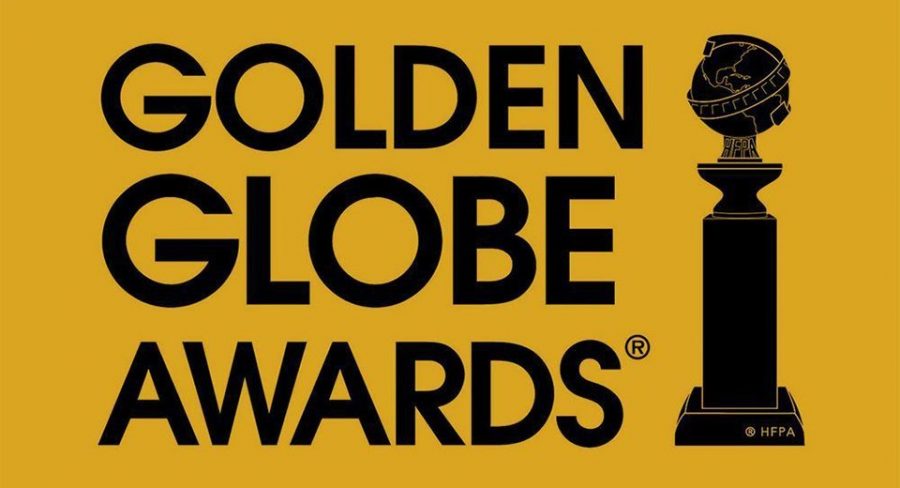Golden Globes Controversy
January 23, 2019
Golden Globes Controversy
Nellie Shih ’19, Arts and Entertainment Editor
The 76th Golden Globes were a whirlwind of snubs, milestones for both the Asian American community and the superhero genre, and controversy. From the debated accuracy of and pro-cop propaganda of BlacKkKlansman to the omission of the American flag being planted by First Man Ryan Gosling on the moon, perhaps the most anger stems from the two biggest winners of the night.
Best Motion Picture – Musical or Comedy winner, Green Book, is based on the true story of African-American pianist Dr. Don Shirley, who hires Italian-American Frank “Tony Lip” Vallelonga to be his driver on his concert tour in the Deep South in the 60s. Despite under-performing at the box office, the film has received critical acclaim for telling the tale of an unlikely friendship despite racial and class boundaries. The film is named after the Negro Motorist Green Book, which detailed restaurants, stores, hotels, etc. that were welcoming to travelling African-Americans. The green book has become a piece of the controversy as the main characters never actually discuss the existence of the green book.
Additionally, critics of Green Book are questioning whether the film even depicts a true story. Dr. Shirley’s family claims that Shirley and Vallelonga had a strictly employer-employee relationship. The two did not consider each other as friends – Shirley fired Vallelonga as the latter would refuse to open the door, help him with his bags, and wouldn’t wear his chauffeur’s cap. Furthermore, Vallelonga has been labelled as a “white savior” character, with Shirley as the supporting “magical” character who exists to guide Vallelonga towards salvation. The Shirley family was not consulted during the making of the film.
When Bohemian Rhapsody won the Golden Globe for Best Motion Picture – Drama, neither producer Graham King nor star Rami Malek mentioned the film’s credited director, Bryan Singer. Singer was fired from the movie two weeks before the end of filming and was replaced by Dexter Fletcher, who ultimately did not receive a directing credit. Singer claims to have left the set to care for a sick relative, but reports have come out regarding his failure to show up on set, disagreements with Malek, and his throwing of lighting equipment (at no one in particular). Additionally, in this era of #TimesUp and #MeToo, the news broke that Singer was facing a lawsuit for a rape allegation of a 17-year-old in 2003.
The film is also under fire for skirting around Freddie Mercury’s sexuality even though Mercury never openly identified as straight, bisexual, or gay. Most critics take issue with the film’s focus on Mercury’s platonic relationship with an ex-girlfriend instead of a focus on Mercury’s relationship with his partner of seven years. Others take issue with the film portraying Mercury’s AIDS diagnosis as a punishment.
Ultimately, with this kind of controversy comes questions about whether it’s possible to simultaneously appreciate a film without condoning the actions of certain individuals involved in the filmmaking process and what “inspired by a true story” really means.
Sources:
http://time.com/5495937/bohemian-rhapsody-bryan-singer-controversy/
https://www.vox.com/2018/11/16/18071460/bohemian-rhapsody-queerphobia-celluloid-closet-aids
Photo source:
https://cineaddiction.com/2018/12/06/golden-globes-2019/



